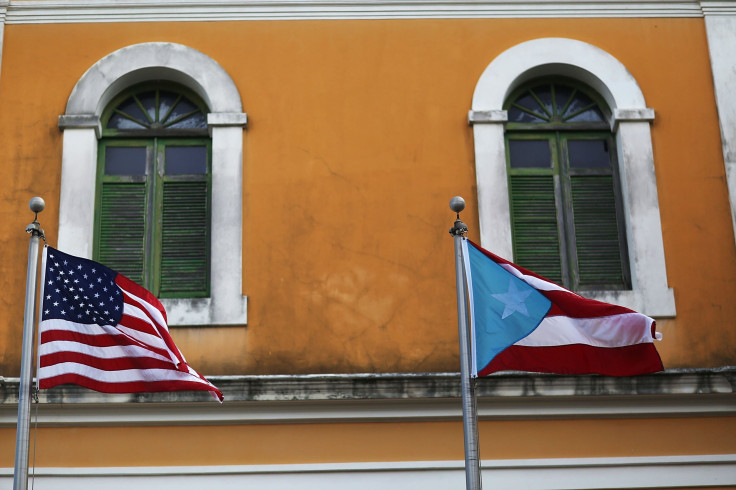Top Court Rejects Puerto Rico’s Bid To Revive Debt Restructuring Law

The U.S. Supreme Court on Monday rejected Puerto Rico's bid to revive a law that would have let the U.S. territory cut billions of dollars in debt at public utilities, delivering a setback to the Caribbean island's efforts to withstand a fiscal crisis.
The court ruled 5-2 that Puerto Rico's 2014 law known as the Recovery Act conflicts with U.S. federal bankruptcy law, leaving in place a 2015 appeals court ruling that had invalidated the statute. Only seven justices considered the case because Justice Samuel Alito recused himself and Justice Antonin Scalia, who died in February, has not yet been replaced.
Justice Clarence Thomas, writing for the court, said Puerto Rico is not considered a U.S. state for the purposes of bankruptcy law. Justices Sonia Sotomayor and Ruth Bader Ginsburg dissented.
Puerto Rico, burdened by a $70 billion debt load it has said it cannot pay, a 45 percent poverty rate and a shrinking population, faces economic calamity without measures that either change its laws or involve an agreement with creditors.
The U.S. Congress is considering legislation that would bring Puerto Rico's finances under federal oversight.
© Copyright Thomson Reuters 2024. All rights reserved.











